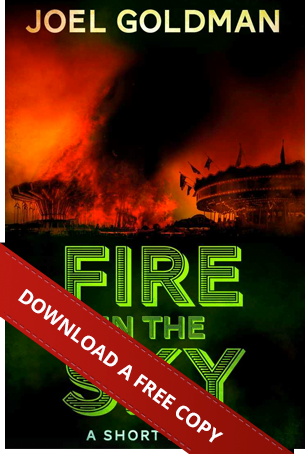What do you think about depressing fiction? Can it motivate you to take action to better your own life? I’ve talked in the past about how fiction allows us to escape into a fascinating world where we can follow equally fascinating characters as they deal with challenges, experience failures, and win victories. But a recently published book, Futurity: Contemporary Literature and the Quest for the Past, by Amir Eshel, presents the argument that fiction stories (especially the depressing sort) seek to equip us for the outside world. Eshel believes that, rather than acting as an escape, this type of fiction can actually motivate readers to make changes for the better in their lives – changes that not only help them, but others as well.
Depressing Fiction – A Way Out of Despair
There are numerous fiction books available that create stories around real horrors as well as fabricated “real-life” traumas – books written for both adults and teens. One highly acclaimed book for adolescents, Hitler’s Secret by William Osborne, is set in war-torn Europe during World War II. The two protagonists barely escape Germany when they’re whisked back behind enemy lines to spy for England. The story describes how Hitler destroyed their families and those of many others. Anyway, this fast-paced story apparently ends well, but I imagine the bleak undertones give the story a darker feel.
Then, of course, there’s The Road by Cormac McCarthy, written for adults, which is a post-apocalyptic story that critics call “profoundly dark”, yet “one of the best books we’ve read this year”. One reviewer says, “In The Road…the world is, quite literally, dying – so the final affirmation of hope in the novel’s closing pages is all the more shocking and maybe all the more enduring as the boy takes all of his father’s (and McCarthy’s) rage at the hopeless folly of man and lays it down; lifting up, in its place, the oddest of all things: faith.” Now that’s bleak!
What do you think?
Can depressing fiction motivate you as a reader to take action and make changes to the dark and less-than-ideal areas of your life? I think people often look to heroes, both real and fictional, for motivation. It would be such an honor to think that a reader might look at one of my protagonists as a motivator to overcome hardship or challenges. For example, Jack Davis of Shakedown, The Dead Man, and No Way Out, deals with the same rare movement disorder I do; yet, he continues to press on for justice as he relentlessly pursues the bad guys despite his challenges. What a wonderful thing if someone dealing with a similar disorder gets encouragement from the stories and the troubles Jack goes through in his often-dangerous world.
Check out this video featuring Amir Eshel. It’s a short video, but he clearly explains his theory about the motivational quality of depressing fiction.
After watching the video, let me know what you think. Do you agree with his theory? Why or why not?
Photo credit: digitaltrends [dot] com











